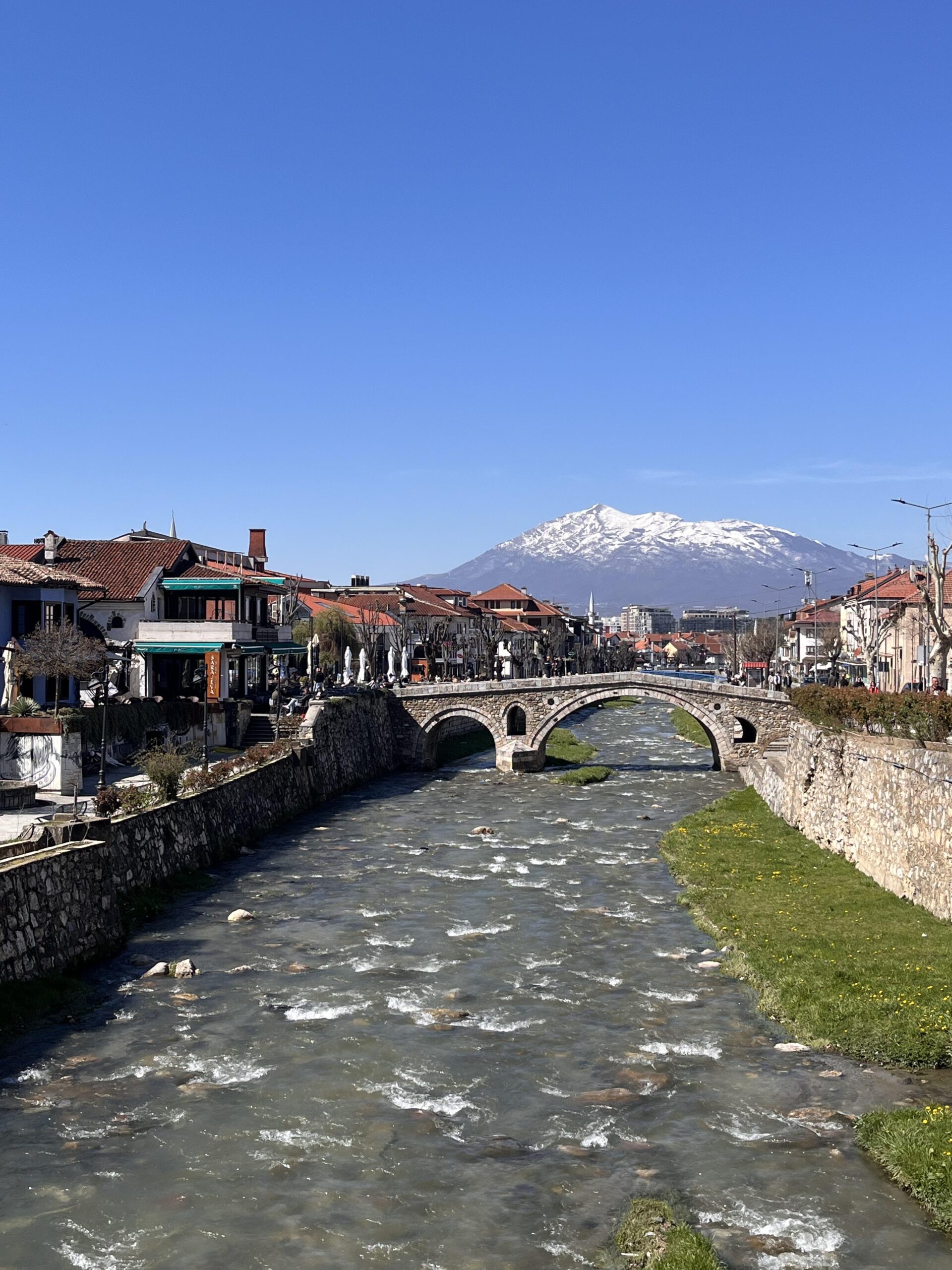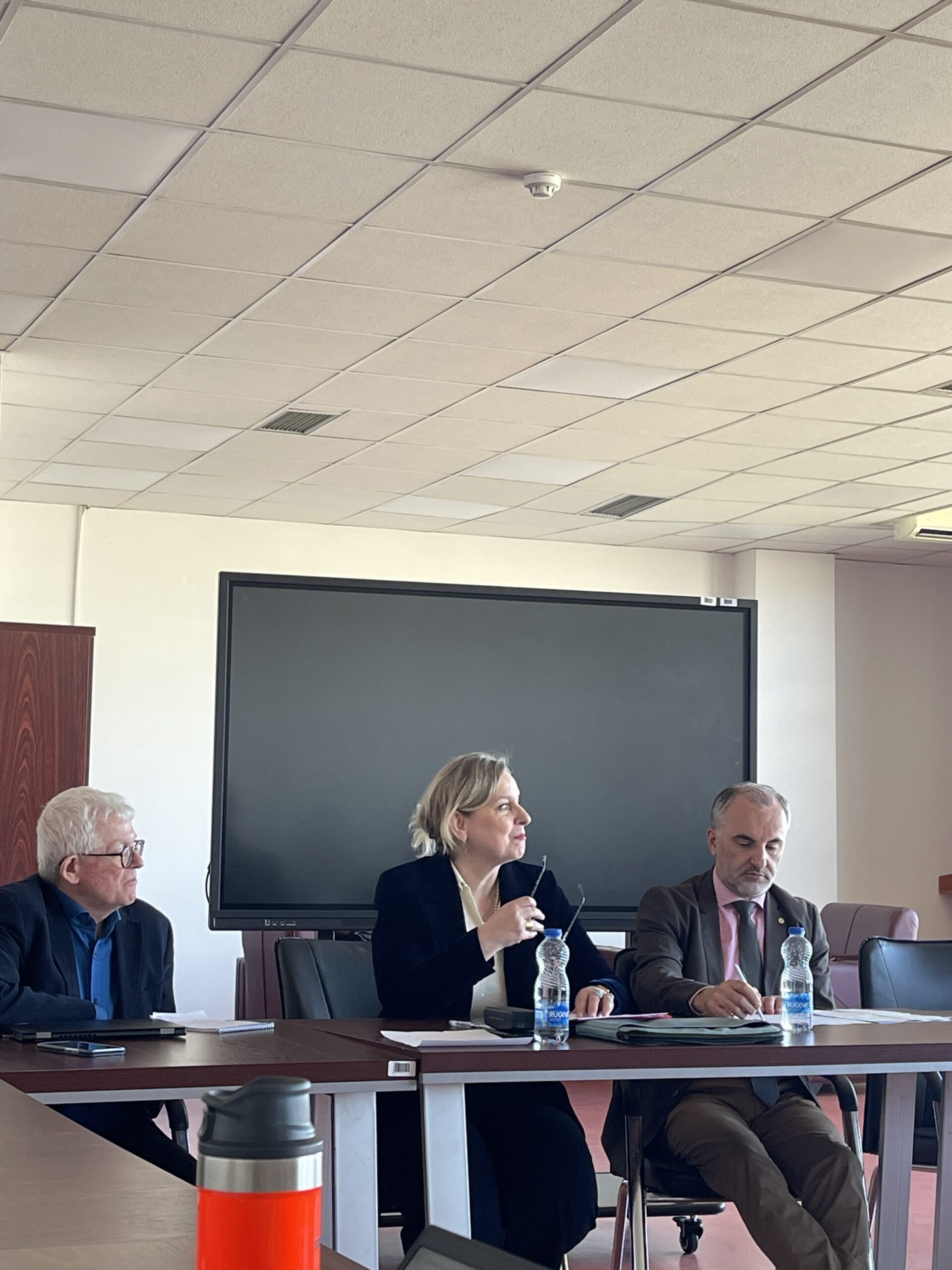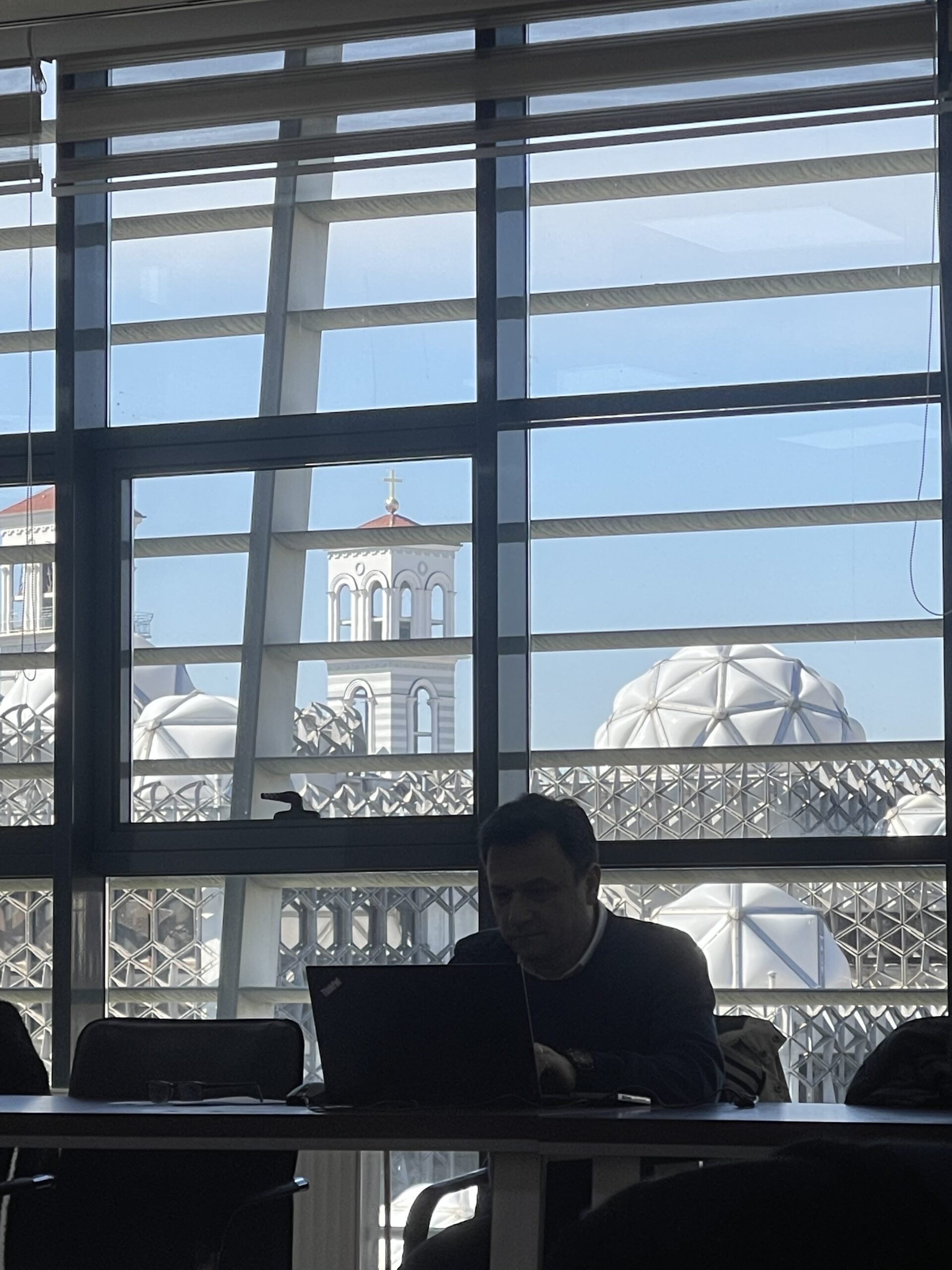SEE-ing the Future: No tenure, no problem? Rethinking Academic Careers
Academic careers are not what they used to be—and that is both a challenge and a chance to rethink what “success” actually means. This question was at the heart of the third thematic block of the seeFField Forum, where participants dug into the growing uncertainty that shapes academic life in Southeast Europe and Germany.
As project leader Ger Duijzings put it bluntly but honestly: “Forget academic careers in Germany—think of a plan B.” He did not mean to discourage PhD students, but to offer a reality check. Stable, long-term academic positions are getting rarer, and early-career scholars are often stuck navigating temporary contracts, fierce competition, and the constant expectation to be mobile, flexible, and self-funded.
Mobility is still seen as a must for building networks and advancing careers—but it comes with serious hurdles, especially for students from SEE trying to pursue a PhD in Germany. Visa issues, patchy institutional support, and funding gaps can turn opportunity into stress.
That’s why mentoring, peer collaboration, and personal motivation matter more than ever. “Find your own box,” advised Vjeran Pavlaković from the University of Rijeka—a call to define career paths by passion, not just by outdated academic models.
Participants did not shy away from addressing inequality in academia. The “glass ceiling” is not just about gender—it is about internationalisation, too. Discrimination remains a reality for many working outside their countries of origin, regardless of their qualifications.
Still, the takeaway was not all grim. Whether through interdisciplinary projects, new funding approaches, or finding fulfilling work beyond the university system, the future of academic careers may look different, but that does not mean it has to be bleak.
The Forum made one thing clear: Southeast European Studies can no longer afford to sit in an ivory tower—even if it comes with a nice balcony.



